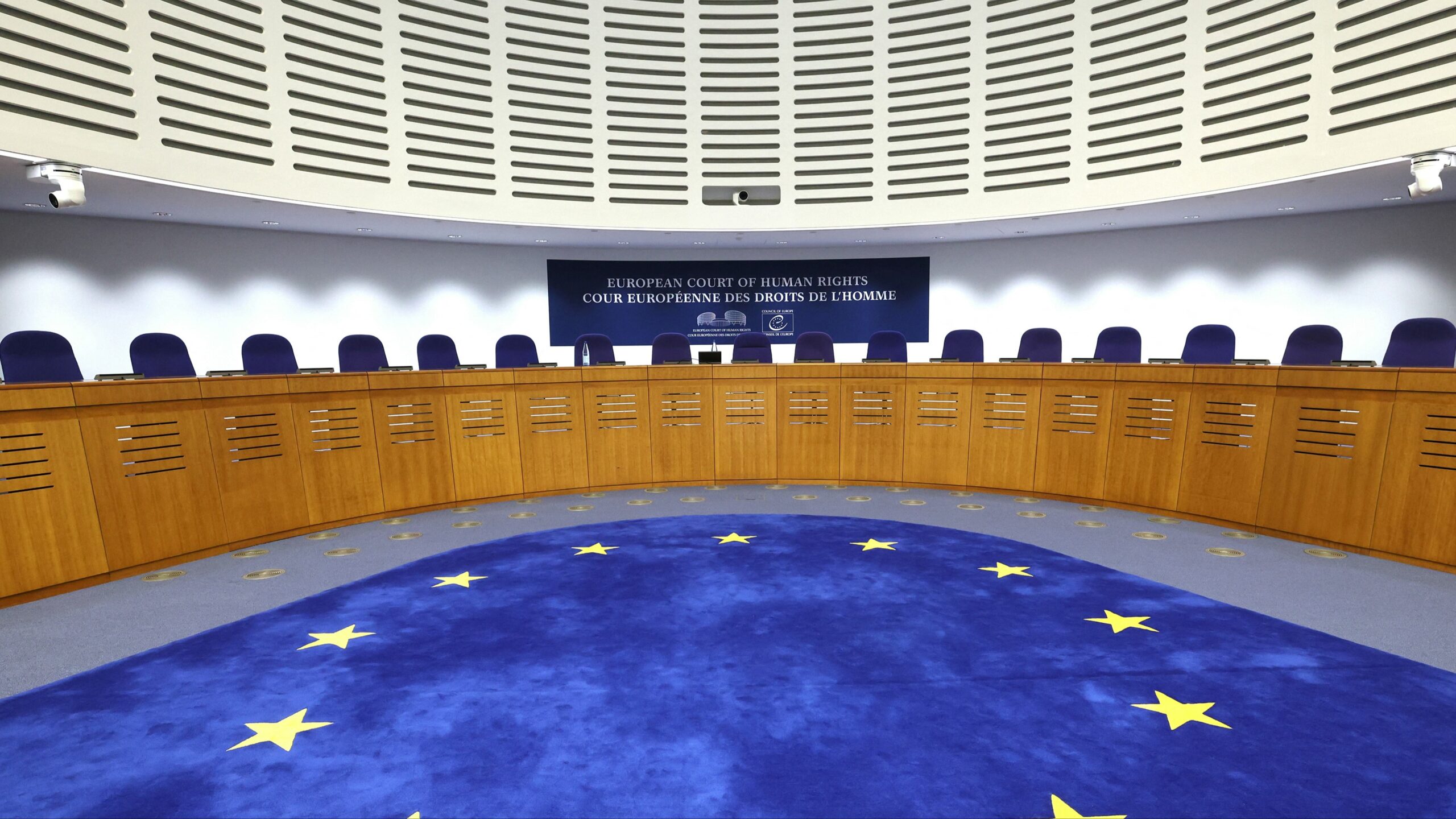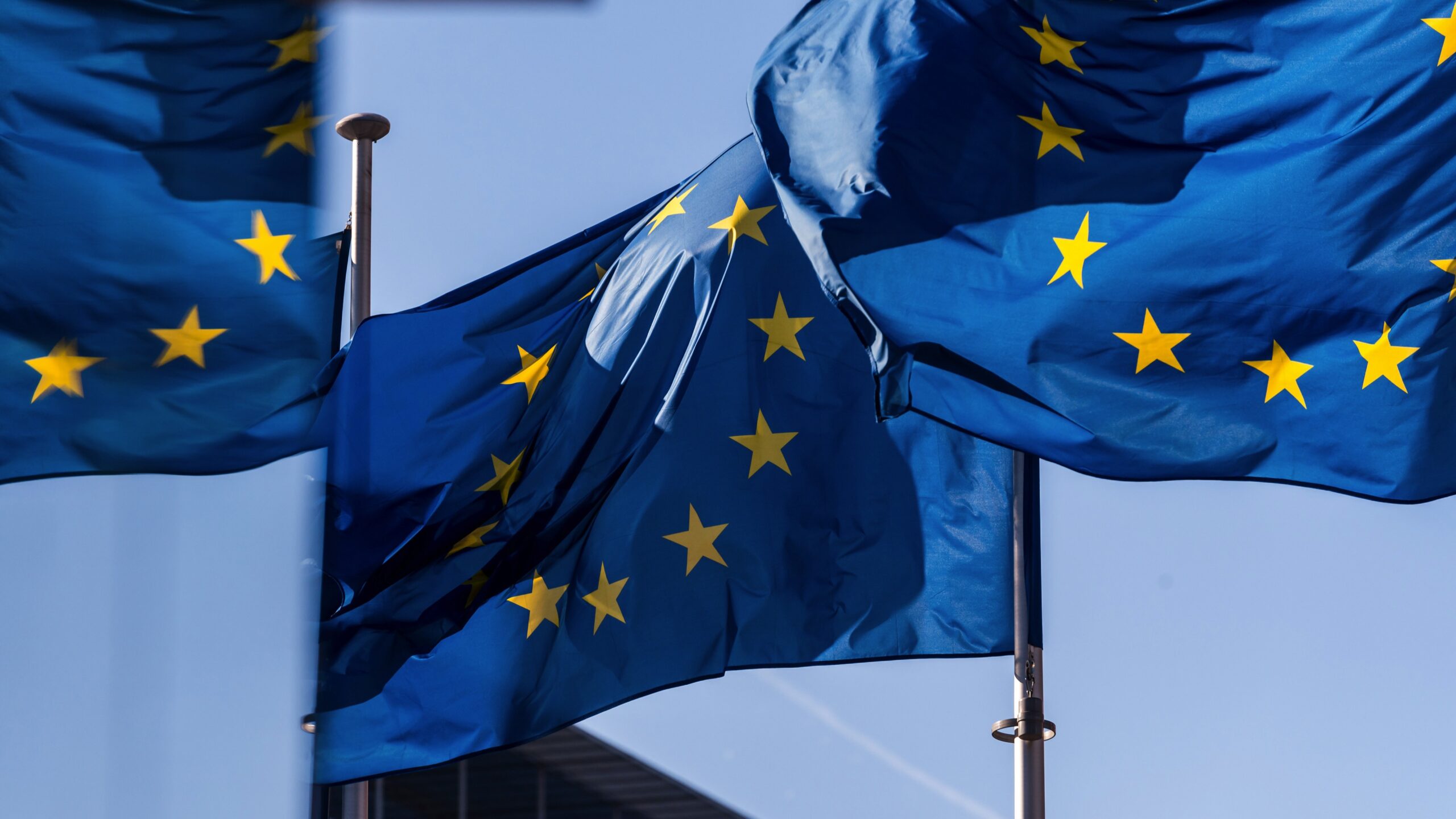
CSRD sector-specific standards delay is not an excuse for business as usual

Companies should be acting now to bring their operations in line with the EU Corporate Sustainability Reporting Directive
The Corporate Sustainability Reporting Directive marks a significant milestone in aligning sustainability reporting with financial reporting in the EU. Despite an agreement last week by the EU institutions to delay sector-specific standards, the directive still sends a strong signal and makes it clear that all businesses that fall under its scope should start getting their house in order.
The CSRD, which has been in effect since January 1, will necessitate a more comprehensive approach to sustainability reporting for companies operating in the European Economic Area. Covering a spectrum of factors, including environmental impact, governance, social responsibility, and human rights, companies will be required to conduct thorough audits and disclose their environmental footprint and the repercussions of their operations.
With more than 75 per cent of EEA businesses required to disclose their environmental, social and governance performance, nearly 50,000 companies will be impacted by the directive.
In recent weeks, headlines have swirled indicating that the full enactment of CSRD is being delayed by two years. Understandably, this has sparked concern and disappointment among those advocating for robust sustainability measures.
But these headlines are not fully accurate. Amid the flurry of sensationalism, let us pause and dissect the nuances of the news emerging from the EU. If taken at face value, the headlines risk misleading companies towards slowing down their climate action, which would be extremely counterproductive for the net zero agenda.
It is only sector-specific sustainability disclosure standards, however, that are being delayed. This fact is neither surprising nor a matter of huge concern. The key standards will still be implemented and will have to be followed by all businesses regardless of the sectors in which they operate. Consequentially, those who diligently follow the general CSRD requirements are likely to implement much of what will eventually be required by the sector-specific guidelines later down the line.
Companies should focus on reorienting their business plans in alignment with the wider, key standards that have already been established by the CSRD, in preparation for when the sector-specific guidelines launch in 2026.
Transparency in ESG planning
In light of the escalating severity of climate change and the urgent need for businesses to transition away from fossil fuels, there is a pressing demand for standardised frameworks that facilitate sustainability and transparency in environmental planning and progress. The CSRD emerges as a pivotal tool in this endeavour, providing a unified approach to compare and evaluate the sustainability efforts of diverse companies. By establishing criteria geared towards achieving the net zero global impact and advancing ESG causes, the CSRD sets the stage for meaningful progress towards a more sustainable future.
Without a universally recognised framework such as the CSRD, companies risk navigating a path devoid of clear direction towards their broader climate goals. Hence, adherence to CSRD guidelines is essential for businesses to effectively track their sustainability performance and avoid potential setbacks in financial planning and operational gains.
Moreover, one of the most significant advantages of CSRD compliance is the potential for enhanced stakeholder engagement. Companies can foster trust and credibility with investors, customers and regulators alike by reporting transparently on their sustainability efforts. This action can, in turn, lead to greater access to capital and increased customer loyalty.
Early compliance with ESG reporting under the CSRD can also help companies to optimise their supply chains from a sustainability standpoint. By embracing CSRD guidance proactively, business leaders can anticipate and address potential bottlenecks in their operations, fostering more resilient and productive strategic partnerships.
In today’s rapidly evolving business landscape, staying ahead of the curve in environmental stewardship is paramount for long-term success and resilience. This entails not only mitigating direct emissions, but also gaining a comprehensive understanding of Scope 3 supply chain emissions, which, for many companies, account for upwards of 70 per cent of their total emissions.
By taking proactive measures to quantify, monitor and reduce these emissions, businesses can bolster their sustainability credentials and future-proof their operations against regulatory and market shifts.
As the CSRD becomes a cornerstone of corporate sustainability initiatives, companies have a unique opportunity to leverage its framework for long-term growth and resilience. Beyond mere compliance, embracing the principles outlined in the CSRD can unlock new avenues for innovation, collaboration and market differentiation.
While the CSRD may present challenges for businesses in the short term, it also offers a wealth of opportunities for those willing to embrace its principles. By aligning their strategies with the goals outlined in the CSRD, companies can meet regulatory requirements and drive meaningful change, create value and secure their position as leaders in the transition to a sustainable future.
Mauro Cozzi is the chief executive and co-founder of Emitwise, a UK-based platform aimed at helping companies manage their carbon accounting and decarbonise their operations and supply chains
Similar Articles

How corporations and investors should adapt to rising legal risks

Why industry leaders should reject the politicisation of sustainable investment


